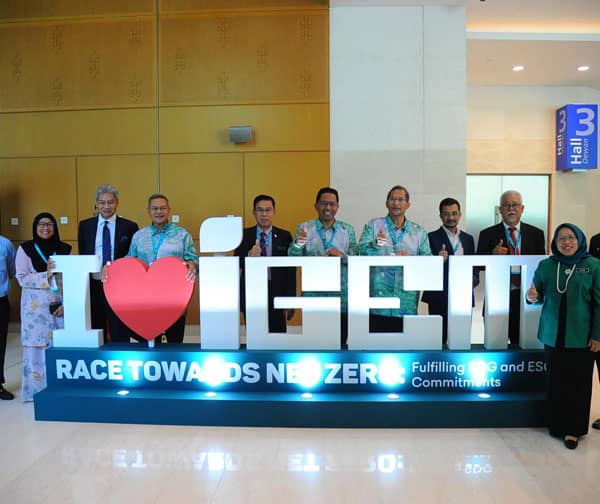Malaysia could introduce plastic tax as one of the ways that could expedite the phasing out of single-use plastics by 2030.
Energy, Science, Technology, Environment and Climate Change (Mestecc) Minister Yeo Bee Yin said any introduction of a new tax would be reviewed accordingly with the country’s need.
“We will review and see what are the needs of this nation. For me, the most important thing right now is to help facilitate and catalyse the growth of alternatives to conventional plastics,” Yeo said at the launch of Malaysia’s Roadmap Towards Zero Single-Use Plastics 2018-2030 at the International Greentech and Eco Products Exhibition and Conference Malaysia (IGEM) 2018 in Kuala Lumpur yesterday.
The possibility of introducing a plastic tax was briefly raised at IGEM 2018, based on the aggressive tone by the Mestecc against conventional plastics under the newly launched roadmap.
The Malaysian Reserve previously reported that the government may impose a levy on capital gains, tax inheritance and e-commerce, and force environmentally damaging operations to pay additional charges as Putrajaya seeks to plug a financial hole in its budget.
Prime Minister Tun Dr Mahathir Mohamad had also floated the idea of additional taxes in order for the government to meet its administration, development and debt obligations.
The roadmap that was introduced by Mestecc features three phases that would be implemented from 2018 lea- ding up to 2030 with an expectation that relevant stakeholders will play their roles effectively to ensure the objectives of this roadmap are met.
The government is going to impose pollution charge by states by 2021 and no straw by default as stated under Phase 1 (2019-2021) from the roadmap.
For Phase 2 (2022-2025), the highlights include widespread biobag, federal levy on plastic bags and the implementation of a Circular Economy Roadmap.
By Phase 3 (2026-2030), the roadmap hopes to address all single-use plastics, and to publish an implementation report of the roadmap.
“Malaysia plans to address single-use plastics by encouraging the plastic industry to transition to eco-friendly pro- ducts. This will ensure the industry thrives by adapting green technologies, while the environment is safeguarded,” Yeo said.
At present, there is no uniform approach in Malaysia to address single-use plastics.
Yeo added that the principles of the roadmap are shared responsibility, sustainable development, precautionary, participatory and good governance.
Yeo said the country must be able to adopt the growth as this is seen as a new market opportunity in the future.
“And not only Malaysia has this market, the whole world is waiting for a replacement for conventional plastics.
“We must be able to catch this opportunity and do it because we have a lot of these resources such as our palm oil and biomass.
“We have a 30 million (population) market that is big enough to catalyse the growth of this industry,” she said.
With the theme “Green Economy and Industry 4.0: Achieving Sustainable Development Goals”, the event was organised by Mestecc through Malaysian Green Technology Corp with the aim to drive the region’s green economy.
IGEM 2018 targets to generate RM2.5 billion in business leads, attracting more than 30,000 visitors and features 250 booths from over 30 countries.







